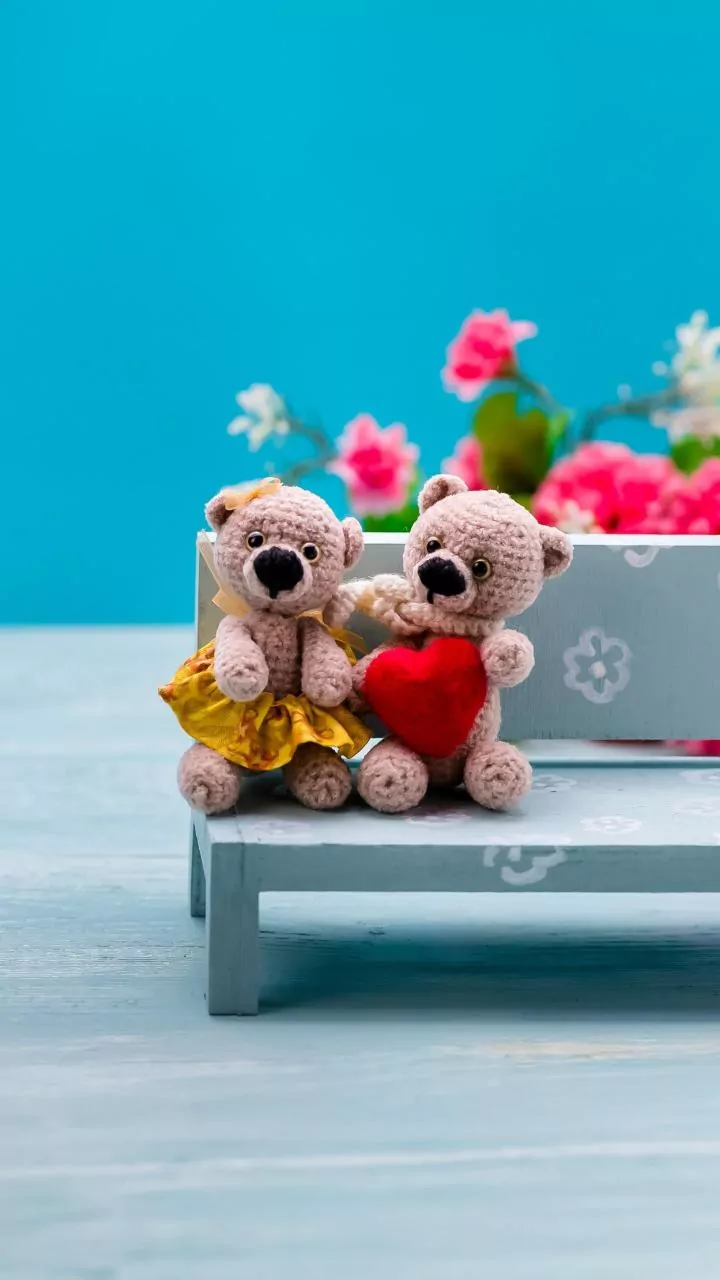Politeness' Shifting Sands
Traditional notions of politeness are constantly being reshaped, leading to potential clashes in modern relationships. What was once considered a social
must-do is now frequently regarded with skepticism. For older generations, certain behaviors defined good manners, but these norms often clash with the perspectives of younger individuals, causing misunderstandings. These differences can manifest in communication styles, personal space preferences, and expectations around commitments. To navigate these differences, it's essential to recognize that politeness is not static; it's a dynamic concept that evolves with social norms and individual preferences. Understanding the generational gap in etiquette is the first step towards bridging communication gaps and fostering harmony in diverse relationships. It’s important to appreciate and be aware of how communication and understanding have changed over time.
Lies That Destroy
Certain seemingly polite behaviors can, over time, erode trust and damage the foundation of relationships. For example, consistently saying 'yes' when you mean 'no' can lead to resentment and a lack of authenticity. Regularly agreeing with someone to avoid conflict, even when you hold differing opinions, creates a false sense of unity and prevents genuine dialogue. Avoiding difficult conversations about important issues, instead choosing to offer vague or incomplete responses, can leave unresolved problems to fester. These seemingly harmless habits can ultimately lead to a breakdown in communication and a deterioration of the relationship, as honesty and openness are essential for lasting connections. Furthermore, neglecting one’s own needs and desires to please others can lead to dissatisfaction and strain on relationships. Prioritizing authenticity, even when it’s uncomfortable, builds trust and fosters a more supportive relationship dynamic.
Building Strong Bonds
Cultivating strong, happy, and long-lasting relationships involves more than just avoiding the pitfalls of outdated politeness. It requires actively building a foundation of several key elements. Open and honest communication is vital for expressing needs, desires, and concerns, ensuring that all parties feel heard and understood. Mutual respect, the ability to value and appreciate each other's differences, is essential for navigating conflicts and strengthening the bond. Trust, built through consistent honesty and reliability, forms the bedrock of any successful relationship. Shared values and goals create a sense of unity and provide a common direction for the relationship. Supportive behaviors, such as empathy, encouragement, and understanding during difficult times, foster emotional security. A willingness to make compromises demonstrates flexibility and a commitment to the relationship's success. Finally, quality time spent together is essential for reinforcing the bond. These combined attributes contribute to the formation and maintenance of healthy, enduring relationships.
Modern Communication Tactics
Today's methods of communication have greatly changed our interactions and ways of expressing our thoughts and feelings. Texting, though convenient, can lead to misunderstandings, particularly when nuance and tone are lost. Dropping by unexpectedly might trigger anxiety. Direct and clear communication is highly valued. The phrase 'please just text me' signifies a preference for asynchronous, less intrusive communication. The rise of 'real talk' demonstrates an increasing comfort with discussing previously taboo subjects, such as emotions, finances, and sensitive topics. This shift reflects a desire for greater authenticity and vulnerability in interpersonal interactions. It is a movement towards more open and honest exchanges. Balancing genuine expression with sensitivity and considering the other person's perspective is crucial for effective and positive communication.























